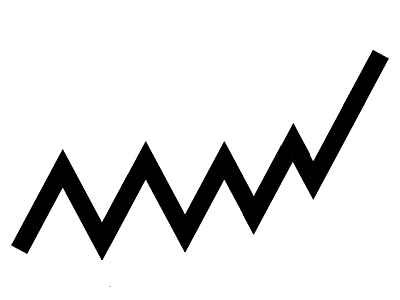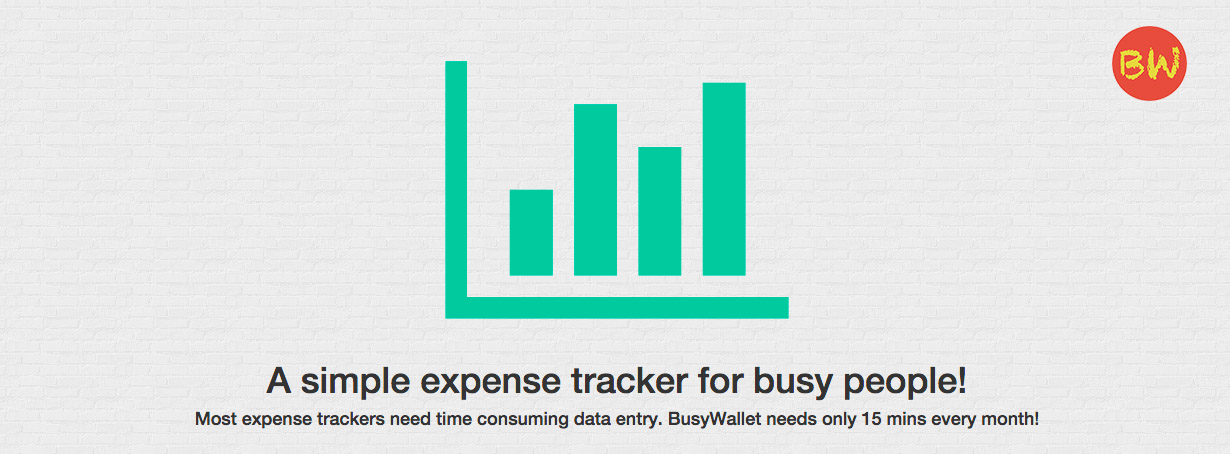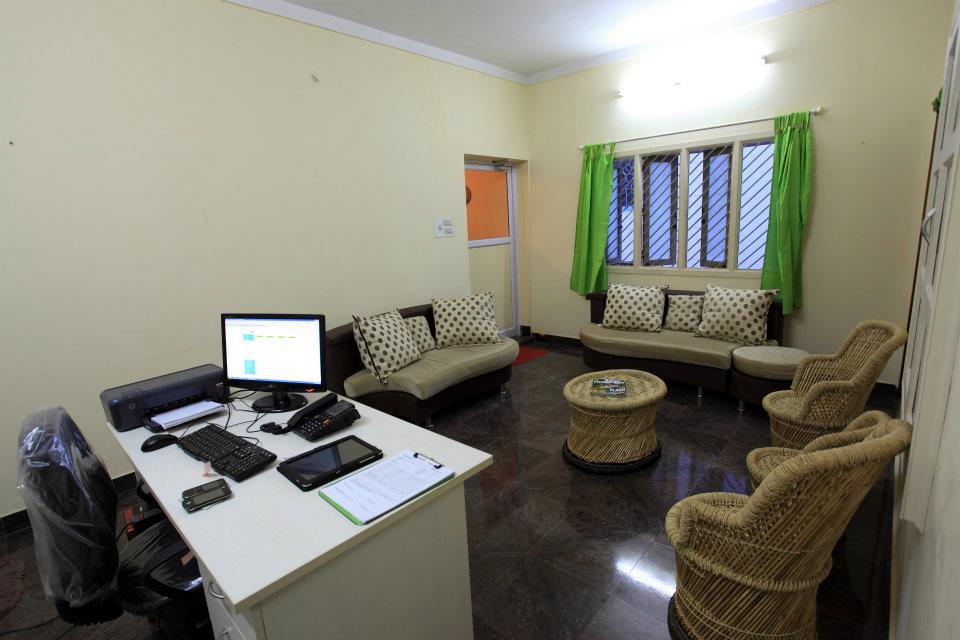
Sitting at my window desk on a rainy day, as I was thinking about why I should be an entrepreneur, I spotted the vegetable vendor who visits our street everyday.
I have been seeing him since 2008.
He sold vegetables to our neighbour and took shelter from rain in their verandah for a while. Our neighbour spoke to him and then disappeared inside. Few minutes later, she came back with a tiffin box wrapped in a cover. I guess she gave him his lunch.
That gesture shows how much she reciprocates the goodwill he has created.
The guy is fairly reasonable, has a pleasant demeanour and is a hard working chap. People in our street depend on him and trust his arrival, even on rainy days.
On a day like today, it is easy for him to stay at home in warmth. That would mean few families have to go out in rain shopping for vegetables or make do with whatever they have at home.
Or he could apply a rain-induced surge pricing model and charge 2x on his vegetables. Profit maximisation by the MBA book. He doesn’t. In the process, he has earned the trust of his customers.
These guys are the real heroes of business who carry the society beyond their weight and get very little credit for it. They give me the inspiration that you can do a good job in any business irrespective of size.
As the rain subsided, he walked away pushing his cart. I came back to my thoughts and the motivations for why I am an entrepreneur.
Profit as a side-effect:
I have to admit that profit is one of the reasons we do business for. There’s nothing wrong about being profit-oriented.
Great businesses have profit as a side-effect of doing something profoundly good, not as a reason for doing business. Of course, keeping costs and cashflow under control is very important. People have to be paid good salaries and expenses have to be met. Or else, the business will soon be history. Profit ensures business continuity and hence, is important. But profit and money alone cannot be motivations for being in business. There have to be stronger reasons.
After spending some time thinking on it, being inspired by various people including the vegetable vendor, here are my reasons.
Pride in performance:
Doing a meaningful job and having pride in your work is very important. Ensuring high quality service, continual improvement, doing the right thing, not taking short cuts, paying employees good salaries, contributing to the society in a positive manner, etc are worth more than just pure pursuit of profits.
The need to build something of high quality has to be our core motivation.
Autonomy:
Our capitalistic society is designed such that people with money have more power. However, money follows the law of diminishing returns above a certain limit. For example, if you think you need 3 crores to live a comfortable life, having 30 crores is not going to improve your life by 10 times.
More than the pursuit of money, I will be optimising my work for autonomy.
To walk to my own beat and to chart my own path. To venture into places my heart takes me without being constrained by the lack of money. For that reason alone, I want money. Having enough money is good because it gives you autonomy to a good extent.
Optimising for autonomy means
- significant ownership to control the company
- mostly bootstrapping, but being open to taking selective strategic shareholders when need for money arises without diluting voting power
- be conscious of where I spend my time
Long term value creation:
I am not talking about valuations here, but good old simple value! Value creation for employees, customers, society and finally, shareholders. It is not about moving fast and breaking things, but about caring for customers and going about business at a speed that is right for you and the business. It is not about bootstrapping or funding, but about taking the right kind of money from the right kind of people (who understand you and your business) with right expectations.
It is not about baiting customers with cash back and discount programs (and later surge-pricing them), it is about serving them well at a mutually beneficial price. It is not about being lazy about your cost structure that you try to pass on to your customer, but about being efficient, frugal and lean so that you can afford to charge lower and still create value for yourself and your company.
It’s not about being focused on value creation itself, but about being focused on the right things and let value be created as a side effect.
It’s a journey and never a destination, and hopefully, I’ll be at it for very long.





